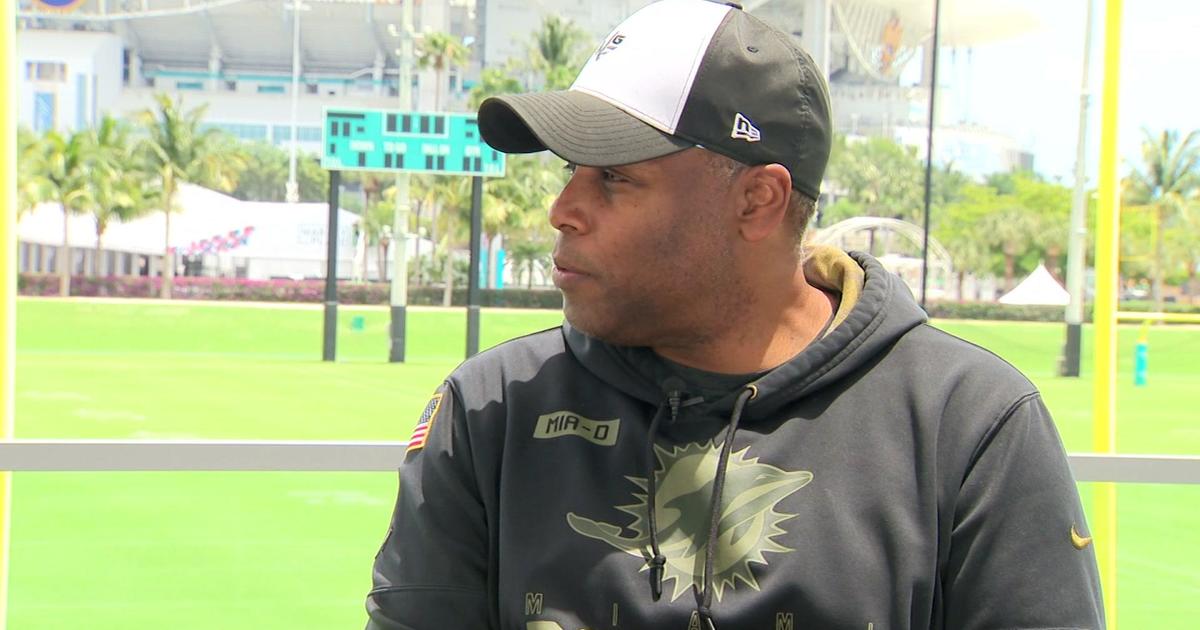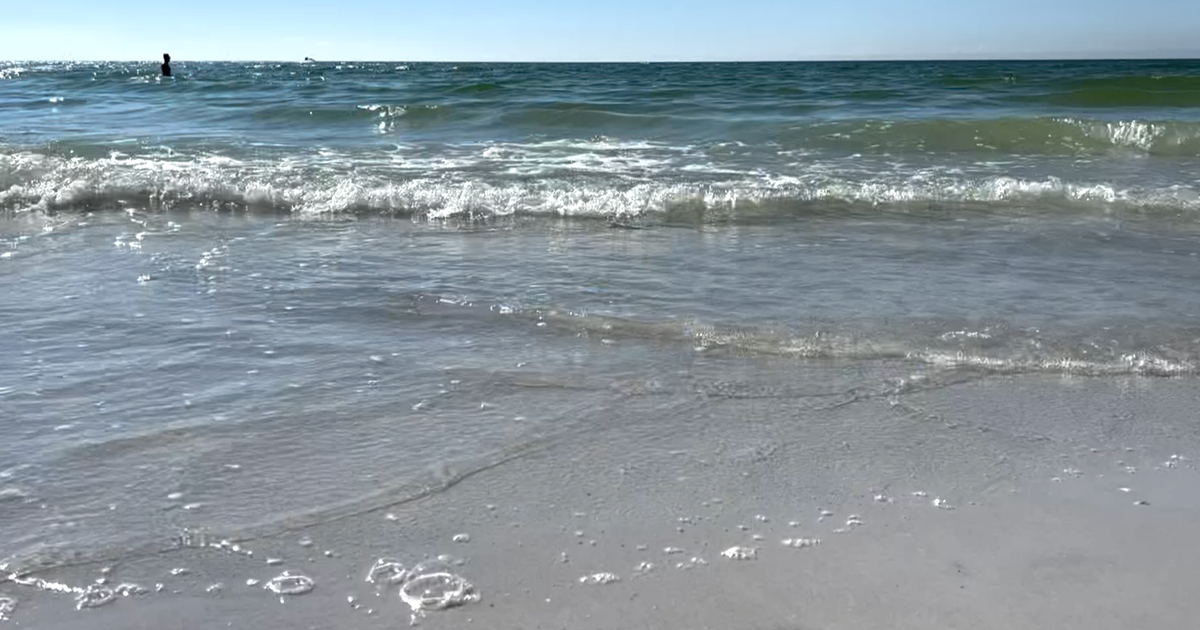Expert: BP Spill Likely Cause Of Sick Gulf Fish
MIAMI (CBS4) -- More than a year after the largest oil spill in United States history, anglers along the Gulf of Mexico are seeing sick fish.
Researchers are trying to determine exactly what is causing the fish to develop lesions, eroded fins and missing scales.
Fisherman Lucky Russell doesn't feel lucky. He's concerned his days of fishing the Gulf are numbered.
"I don't think we'll be fishing in five years – my opinion," he lamented about his job as a commercial fisherman. He and others say they're pulling in more diseased fish than ever before.
Dr. Jim Cowan is a professor of Oceanography at Louisiana State University. He can't determine the exact cause of the lesions on the fish, but said it is a "likely assumption that it has something to do with the spill."
He said the majority of the diseased fish are being found between Galveston, Texas and Panama City.
"In fact, almost 50-percent of the red snapper that we caught on some of these reefs had secondary infections," he added.
He said that none of the diseased fish are making it to store shelves, so consumers should not have cause for concern. "We're in no way trying to infer that this is a human health issue," said Cowan.
A University of South Florida researcher is currently conducting a six week study – the first comprehensive study of the health of fish in the Gulf. He'll catch and examine more than 4,000 fish.
"What we're going to do is establish a baseline for fish disease. So, even if we don't find any potential pathology now, we can go back two or three or four years from now and see if there was some slow time bomb that was going off," explained Dr. Steve Murawski.
The number of sick fish in the Gulf depends where you go. In areas not affected by the oil, it's one percent or less, and even in some hotspots only two percent to five percent of the fish are sick.



